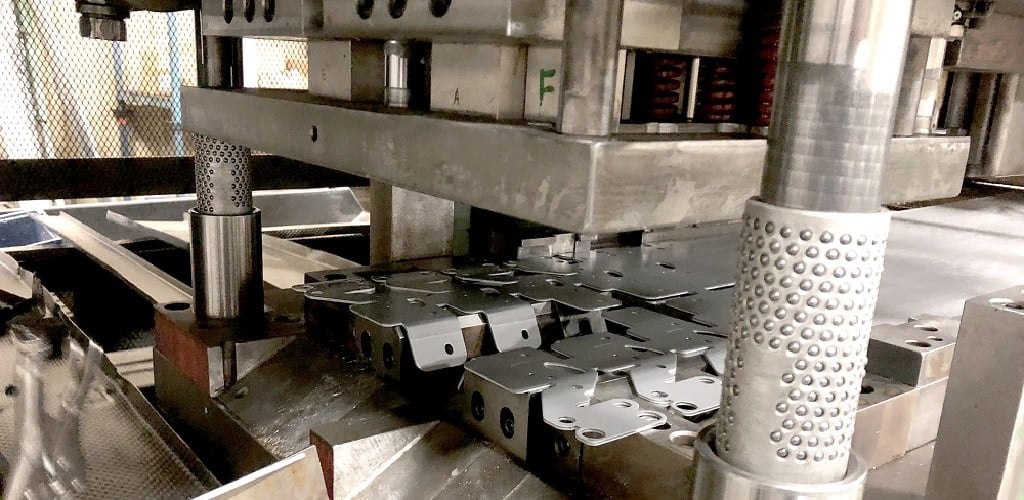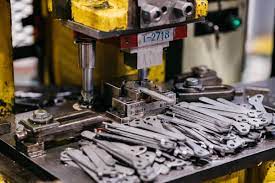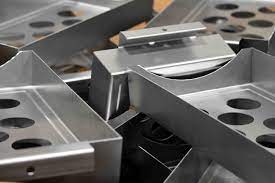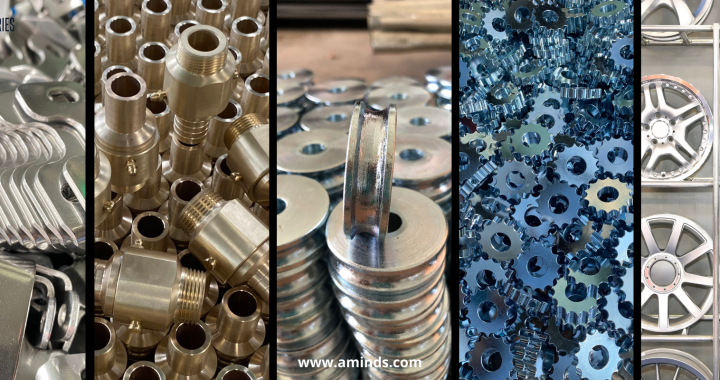Wrenches are the uncelebrated champions of toolkits, often relegated until the moment of necessity strikes. These adaptable instruments vary in shape and size, catering to multifarious applications spanning industries. From minor household repairs to intricate machinery in manufacturing, the wrench assumes a pivotal role, ensuring accuracy and efficiency.

What are the different types of wrenches and their specialized functions?
Wrenches manifest in diverse types, each tailored for distinct tasks. Spanner wrenches, adept at turning nuts and bolts with their adjustable or open-ended designs, serve their purpose. Conversely, socket wrenches present a varied range of socket sizes to fit assorted fasteners. Moreover, pipe wrenches adeptly manage rounded surfaces like pipes with their serrated jaws. Each type caters to a distinct set of applications, from automotive repairs to plumbing and construction.
How crucial is the right wrench for specific tasks?
The apt wrench can significantly impact task efficiency and safety. Incorrect wrench selection may result in a fastener or surface damage, leading to costly repairs or replacements. Choosing the right type and size ensures a secure fastener grip, mitigating slip-ups and potential injuries. Notably, within the geocomposite industry, specialized wrenches are pivotal for securely fastening geocomposite materials without causing harm.
What are the key considerations when using wrenches?
Safety remains paramount when wielding wrenches. Proper tool fitting, applying force in the correct direction, and utilizing suitable sizes to prevent bolt stripping or rounding off is crucial. Regular maintenance, encompassing cleaning and lubrication, extends wrench lifespan and upholds their efficiency.
How do wrenches integrate with geocomposite applications?
Geocomposites, integral in civil engineering for soil stabilization or environmental protection, often necessitate specific fastening mechanisms for secure installation. Wrenches play a pivotal role in ensuring firm fastening of these geocomposite materials, ensuring structural integrity and durability in areas such as retaining walls, drainage systems, or erosion control.



Applications and Geocomposite Relevance:
Wrenches play a substantial role in industries dealing with geocomposite materials. Be it anchoring geotextiles or securing geogrids, these tools ensure precise installation and maintenance of geocomposite structures. The precise application of torque facilitated by wrenches is fundamental for the structural stability of these materials, fortifying infrastructural projects against potential failures.
In conclusion, wrenches, though seemingly uncomplicated, stand as indispensable tools across a wide spectrum of industries. Their role in fortifying task efficacy and safety, particularly in geocomposite-related applications, remains unparalleled. The selection and precise utilization of the right wrench not only amplifies efficiency but also significantly bolsters the endurance and trustworthiness of diverse projects.
